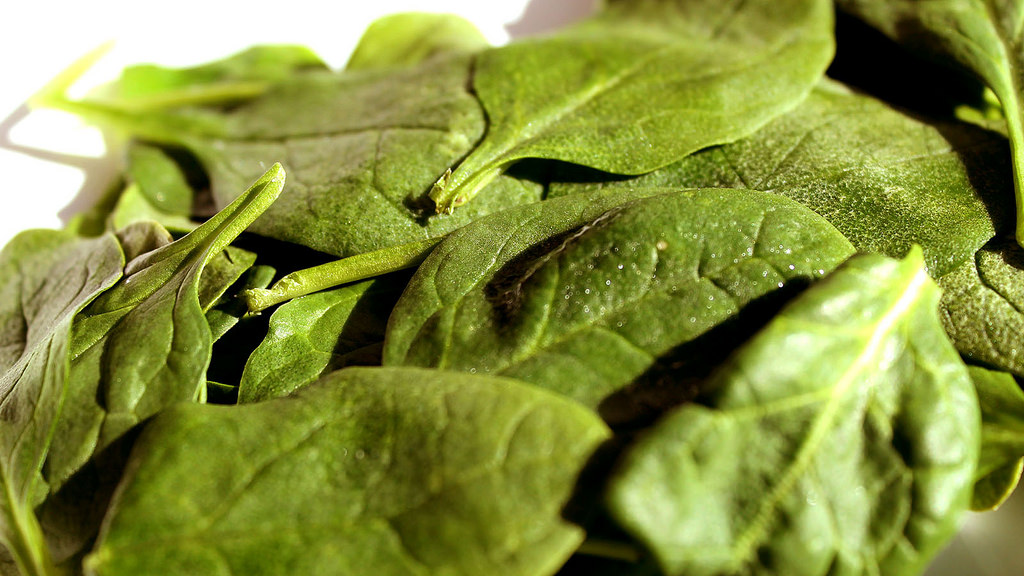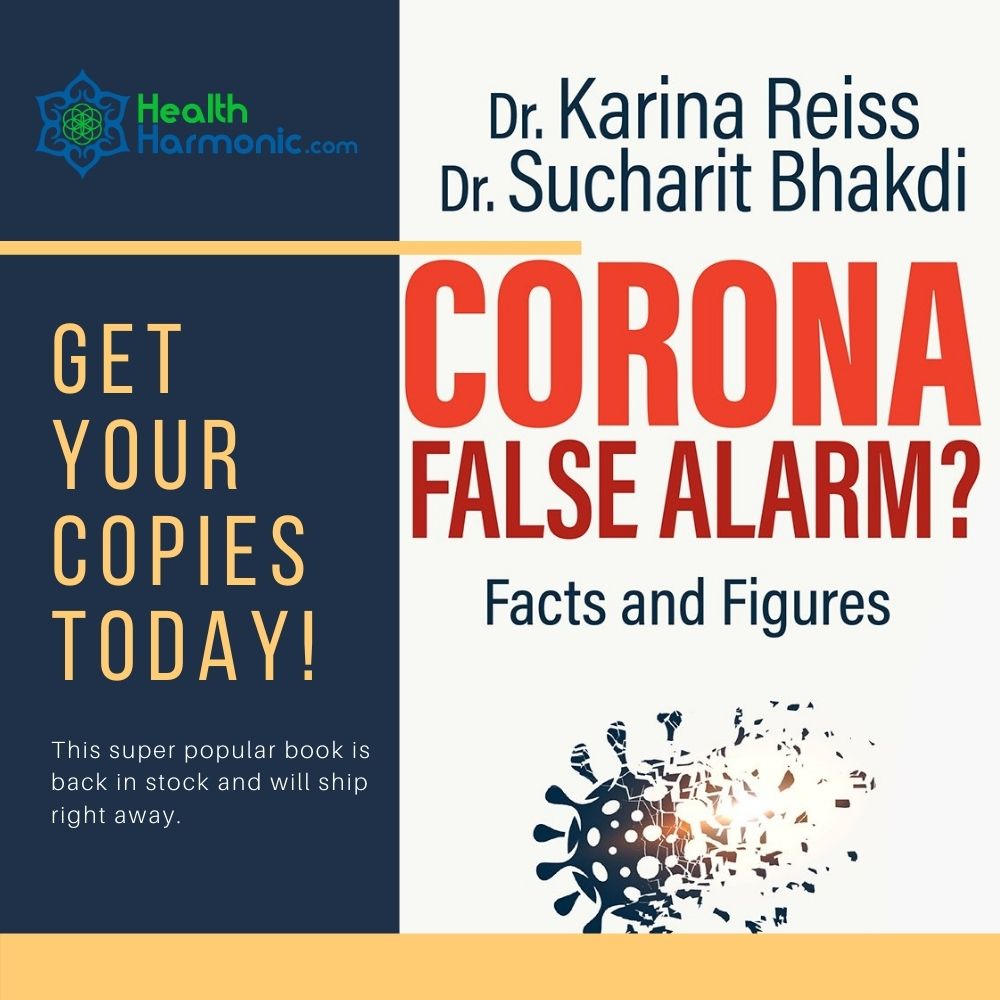
For years, spinach is considered as part of a special class of nutrient-dense food called superfoods. But now, scientists believe the health benefits of spinach might've been exaggerated. Worse, it might not be the best greens to feed children.

Image courtesy of: DeSegura89
Apart from containing less iron than first thought, spinach contains oxalate, a compound that causes brain fog to people sensitive to it. Non-organic spinach is also bad for the health because it's teeming with pesticides and other chemicals that are toxic to humans.
Spinach is one of the foods that is hard to think of as unhealthy. It is a dark leafy green, which is full of fiber, folate, carotenoids, saponins and flavonoids. Carotenoids act as protection against chronic disease, saponins lower cholesterol and reduce your risk of heart disease, and flavonoids get rid of harmful free radicals and inflammation. Sounds like a fantastic vegetable, and it is.
Yet, spinach is still not a “perfect” superfood after all, for a couple different reasons.
Although it gained fame in the 1960s thanks to the cartoon Popeye, the sailor with superhuman strength who ate a lot of spinach, this vegetable was purposefully promoted by the U.S. government – not because of its health benefits (although there are many), but because the Great Depression took away a lot of iron-rich foods.
As it was later discovered, there is not as much iron in spinach as originally thought (it’s actually lentils that are the best vegetarian source of iron). What it is instead good for are its Vitamins K, A and C; as well as folate, manganese, and magnesium. Its strong antioxidants like neoxanthin and violaxanthin protect the body against DNA damage and oxidative stress that leads to cancer, and heart disease.
Its vitamins boost immunity, and protect health of the eyes, bones, and skin. Let’s further examine the heath benefits of spinach, and the surprisingly negative effects it may have on kids (and adults for that matter).
However, just like with most things in life, even good things are better in moderation. Spinach has one major innate drawback – it contains a compound called oxalate. This compound binds to mineral compounds in the body, such as calcium and magnesium, and by doing so may interfere with mineral absorption and lead to formation of kidney stones.
Some people also may have a condition called oxalate sensitivity, which can lead to brain fog in those who have it, or in people who over-consume spinach and other greens that are high in this compound.






